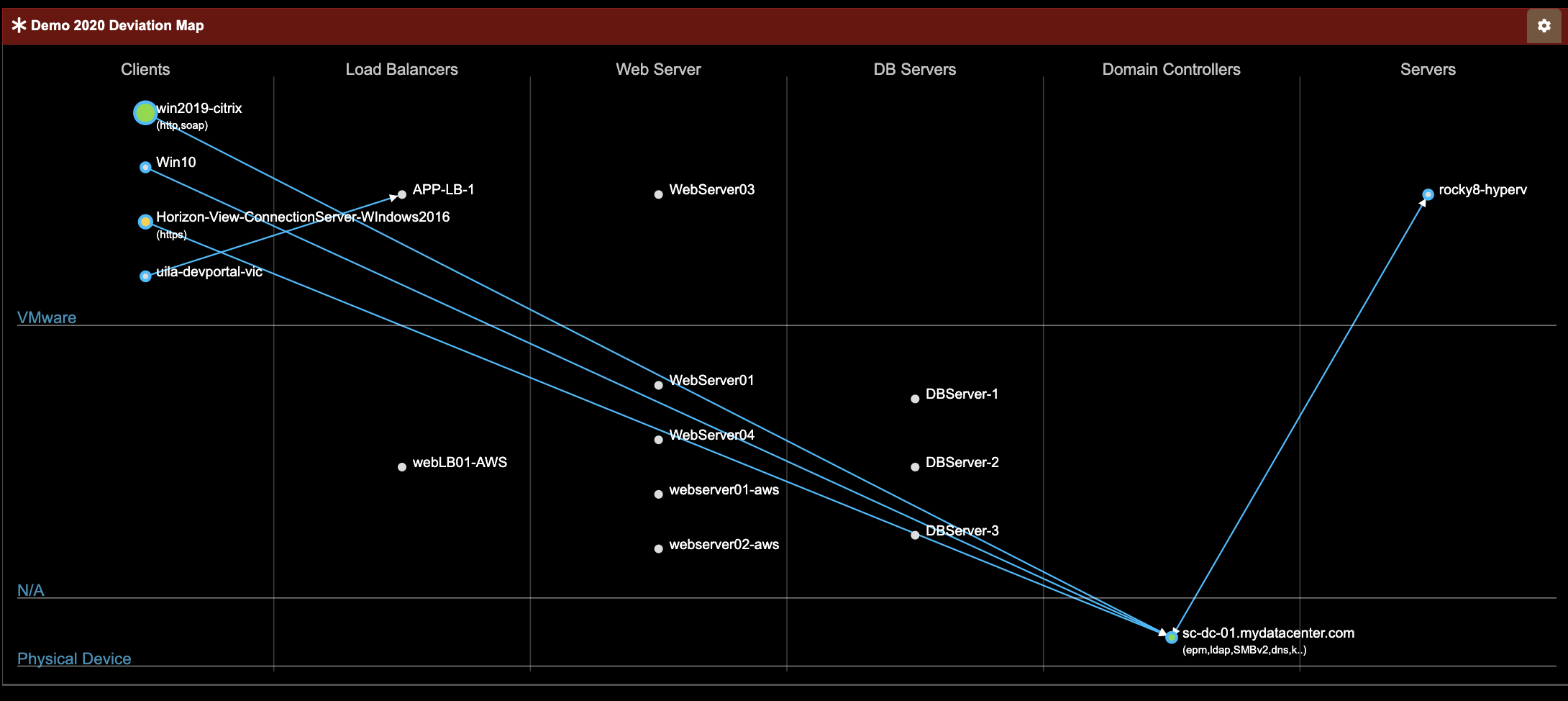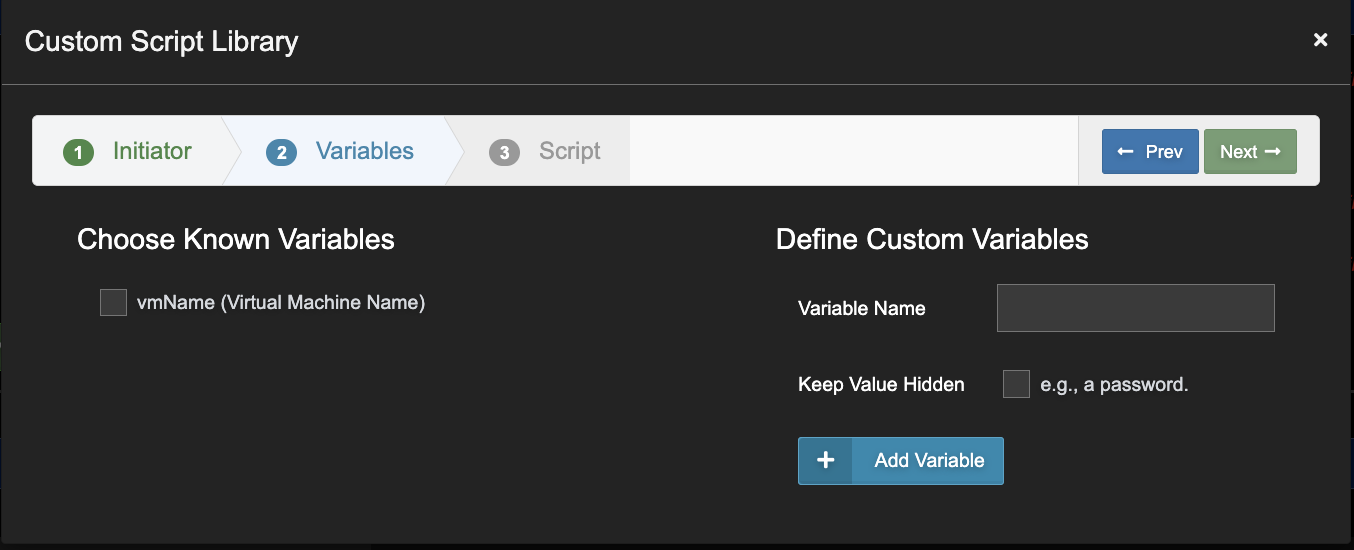The role of data center system administrators is rapidly evolving as technological advancements, cloud computing, and cybersecurity challenges reshape the data center landscape. No longer confined to just managing hardware and ensuring uptime, system admins are now expected to wear multiple hats, from cloud architects to cybersecurity experts.
Adapting to Hybrid Cloud Environments
As more businesses adopt hybrid cloud solutions, blending on-premises infrastructure with public and private cloud services, data center administrators are increasingly becoming cloud experts. Managing traditional hardware and virtualized environments alongside cloud platforms like AWS, Azure, and Google Cloud requires a deep understanding of how to integrate and optimize these systems. Sysadmins are evolving into cloud system administrators responsible for orchestrating workloads between on-prem and cloud environments, ensuring data security, and minimizing latency through edge computing. With Uila uObserve, sysadmins have end-to-end visibility of their entire realm of responsibility even across cloud boundaries.

Emphasizing Automation and AI
Automation and AI tools are playing a critical role in data center management these days. Tasks such as patching, load balancing, and even predictive maintenance are increasingly being automated. Sysadmins are now responsible for overseeing automated systems, ensuring that AI-powered tools are fine-tuned and properly maintained. The expectation from even monitoring or Observability tools is that it should have an AI-based component to take actions, when certain situations arise, or problem occurs. Uila uObserve provides automated AIOps based remediation actions as shown below.

Enhanced Focus on Cybersecurity
With the rise in cyberattacks and increasingly data privacy regulations, cybersecurity has become a major priority. Data center system administrators are taking on cybersecurity roles, ensuring that physical and virtual infrastructure is protected from threats such as ransomware, insider breaches, and sophisticated malware attacks. As cybersecurity threats become more complex, sysadmins are evolving into security-first engineers, integrating security measures into every aspect of data center operations while collaborating closely with IT security teams. With Uila uObserve’s Cyber Threat Monitoring capabilities, not only can the sysadmin have access to the critical information of application anomalous behavior, but can also identify 100s of cyber threats including ransomware, malware, command and control attacks, and Data Exfiltration activities.

Expanding Roles in AI and Data Analytics
In 2024, the demand for data analytics in business operations is pushing system administrators to support AI and big data workloads in their data centers. Handling AI models and data pipelines requires high-performance infrastructure, and sysadmins are responsible for ensuring seamless data processing, storage, and retrieval. Sysadmins are becoming AI/data specialists, ensuring that data centers can handle the massive processing demands of AI-driven applications, machine learning models, and big data analytics.
Data Center Decentralization and Colocation Services
The growing demand for decentralized IT services and colocation options means data center administrators must manage resources across third-party colocation facilities while maintaining control over security, compliance, and performance. Colocation offers scalability and redundancy, but requires sysadmins to work with external providers seamlessly. Sysadmins are evolving into collaboration experts, skilled at coordinating with external data center operators while maintaining stringent control over security and operational standards.
Conclusion
In 2024, data center system administrators are no longer confined to managing hardware and uptime. Their roles have expanded to include cloud architecture, automation, cybersecurity, and colocation services, among many other responsibilities. To keep pace with modern demands, sysadmins are continuously evolving, acquiring new skills, and adopting cutting-edge tools and technologies.
Subscribe
Latest Posts
- How Data Center System Administrators Are Evolving in today's world
- Microsoft NTLM: Tips for Discontinuation
- Understanding the Importance of Deep Packet Inspection in Application Dependency Mapping
- Polyfill.io supply chain attack: Detection & Protection
- Importance of Remote End-User Experience Monitoring
- Application and Infrastructure Challenges for Utility Companies
- Troubleshooting Exchange Server Issues in Data Centers
- Importance of Application Dependency Mapping for IT Asset Inventory Control
- Navigating the Flow: Understanding East-West Network Traffic
- The imperative of full-stack observability




